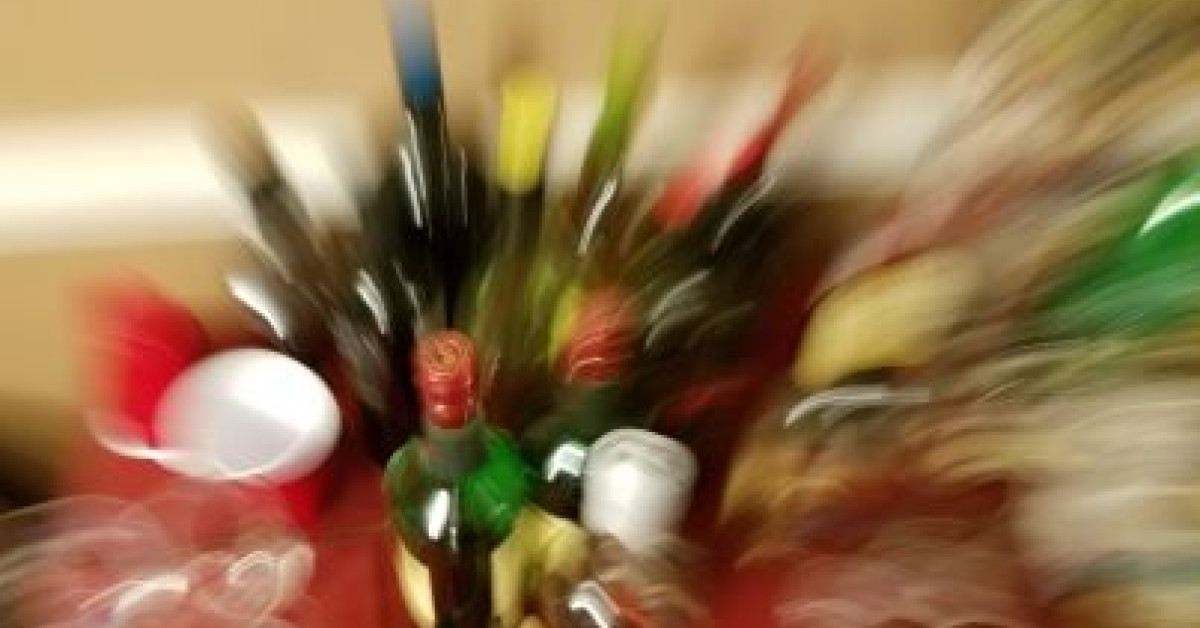PISCATAWAY, N.J., August 30, 2023 (Newswire.com)
–
It’s “liquid courage,” not necessarily “beer goggles”: New research indicates that consuming alcohol makes you more likely to approach people you already find attractive but does not make others appear more attractive, according to a report in the Journal of Studies on Alcohol and Drugs.
The conventional wisdom of alcohol’s effects is that intoxication makes others seem better looking. But, according to the new study, this phenomenon has not been studied systematically. Earlier research typically had participants simply rate others’ attractiveness while sober and while intoxicated based on photos.
But this new study added a more realistic element: the possibility of meeting the people being rated.
To conduct the research, lead investigator Molly A. Bowdring, Ph.D., of the Stanford Prevention Research Center in Palo Alto, Calif. (affiliated with University of Pittsburgh at the time of this study), and her dissertation advisor, Michael Sayette, Ph.D., brought in 18 pairs of male friends in their 20s to the laboratory to rate the attractiveness of people they viewed in photos and videos.
Participants were told that they may be given the opportunity to interact with one of those people in a future experiment. After providing attractiveness ratings, they were asked to select those with whom they would most like to interact.
Pairs of men came into the lab on two occasions. On one occasion, both men received alcohol to drink (up to about a blood alcohol concentration of .08%, the legal limit for driving in the United States) and on the other occasion, they both received a nonalcoholic beverage. The researchers had friend pairs in the lab to mimic the social interactions that would typically take place in a real drinking situation.
The researchers did not find evidence of beer goggles: Whether or not participants were intoxicated had no effect on how good-looking they found others. “The well-known beer goggles effect of alcohol does sometimes appear in the literature but not as consistently as one might expect,” observes Sayette.
However, drinking did affect how likely the men were to want to interact with people they found attractive. When drinking, they were 1.71 times more likely to select one of their top-four attractive candidates to potentially meet in a future study compared with when they were sober.
Alcohol may not be altering perception but rather enhancing confidence in interactions, giving the men liquid courage to want to meet those they found the most attractive, something they may be much less likely to do otherwise.
These results could have implications for therapists and patients, the authors note.
“People who drink alcohol may benefit by recognizing that valued social motivations and intentions change when drinking in ways that may be appealing in the short term but possibly harmful in the long term,” says Bowdring.
https://doi.org/10.15288/jsad.22-00355
Source: Journal of Studies on Alcohol and Drugs

